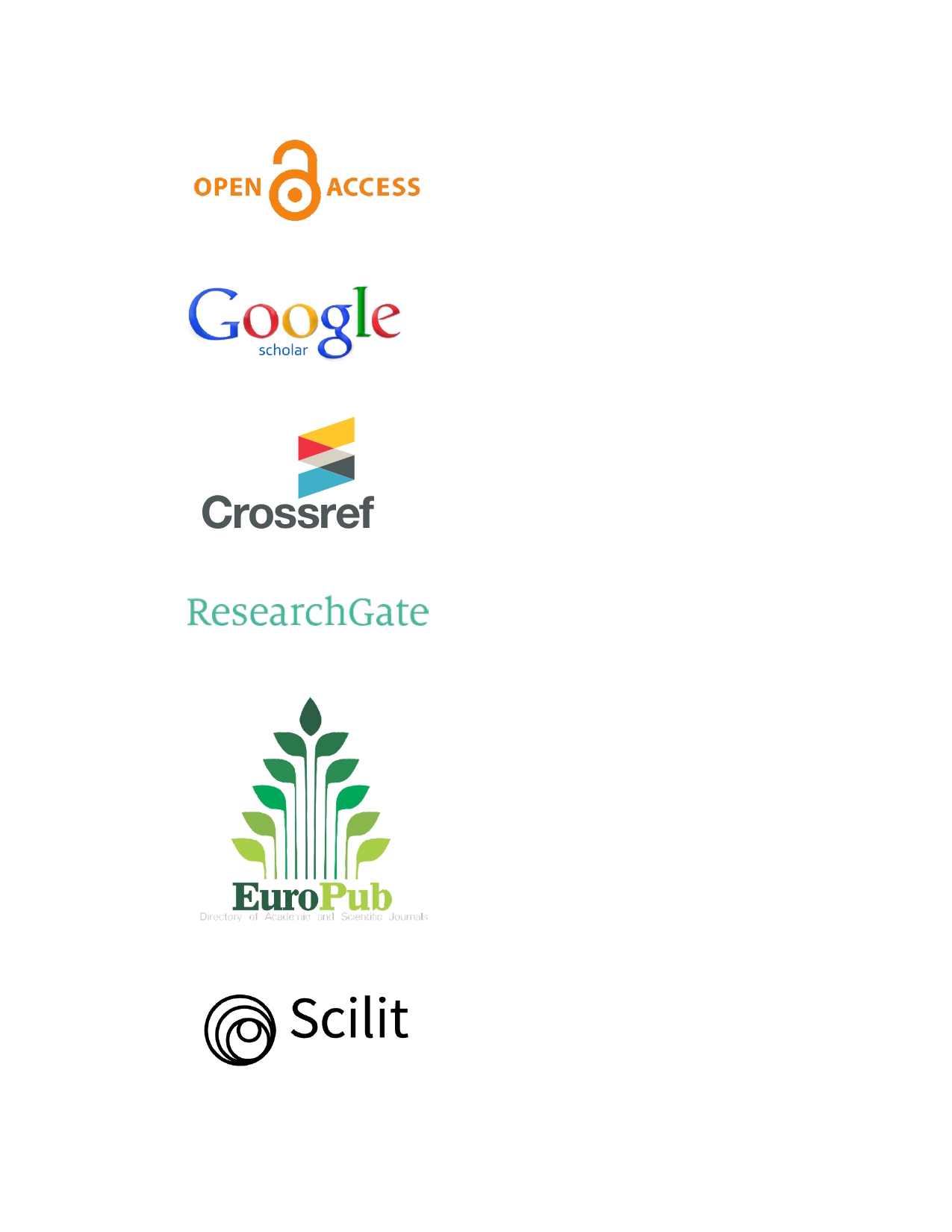Conceptualizing Quality Assurance and its Application in Zimbabwe’s Tertiary Education
Keywords:
Assurance, conceptualizing, education, quality, tertiaryAbstract
The contribution of tertiary education to a nation’s scientific and technological advancement is unquestionable. Thus, its institutions drive these ambitions through research, innovation, and industrialisation. In this context, this conceptual paper sought after the application of quality assurance procedures and mechanisms in Zimbabwean tertiary education. The research methodology was grounded in a qualitative desk study approach. This involved an electronic search query of the issue under review from peer-reviewed journals and proceedings. The findings and discussion in this conceptual paper revealed that in Zimbabwe, quality education is conceptualised as creating a conducive environment that enables the delivery of the curriculum using suitable methods to allow students to acquire relevant competencies. This is the basis for the operations in tertiary education to be grounded in the ethos of the Manpower Development Acts (Chapter 28:02) and Zimbabwe Council for Higher Education (Chapter 25:27). These facilitate the creation of a system in tertiary education comprising external and internal assurance, accountability, continuous improvement, and accreditation interconnected to create a network, which enhances the system’s operations. These findings provide insight into components of the quality assurance system and their role in entrenching quality culture in tertiary institutions to enhance the competitiveness of their products and services. The issue under discussion in this conceptual paper is of countless worth to issues of quality assurance in both private and public tertiary institutions.
Downloads
Published
How to Cite
Issue
Section
License
Copyright (c) 2023 Chikuvadze Pinias, Damiyano David, Davira Tamuka

This work is licensed under a Creative Commons Attribution 4.0 International License.






